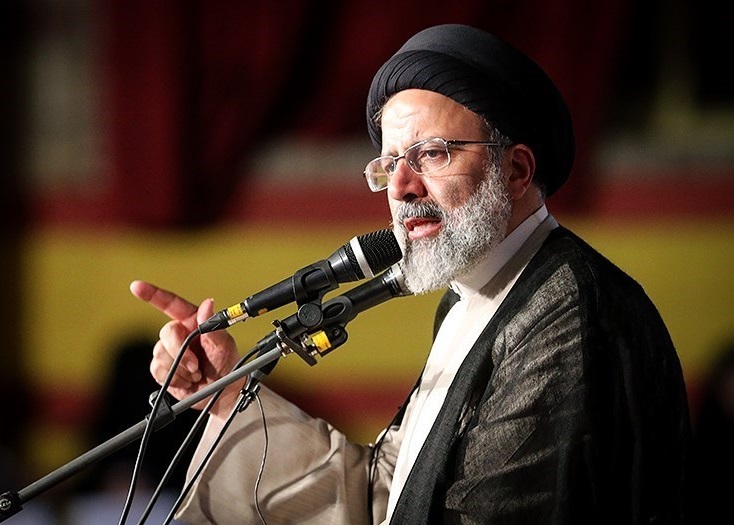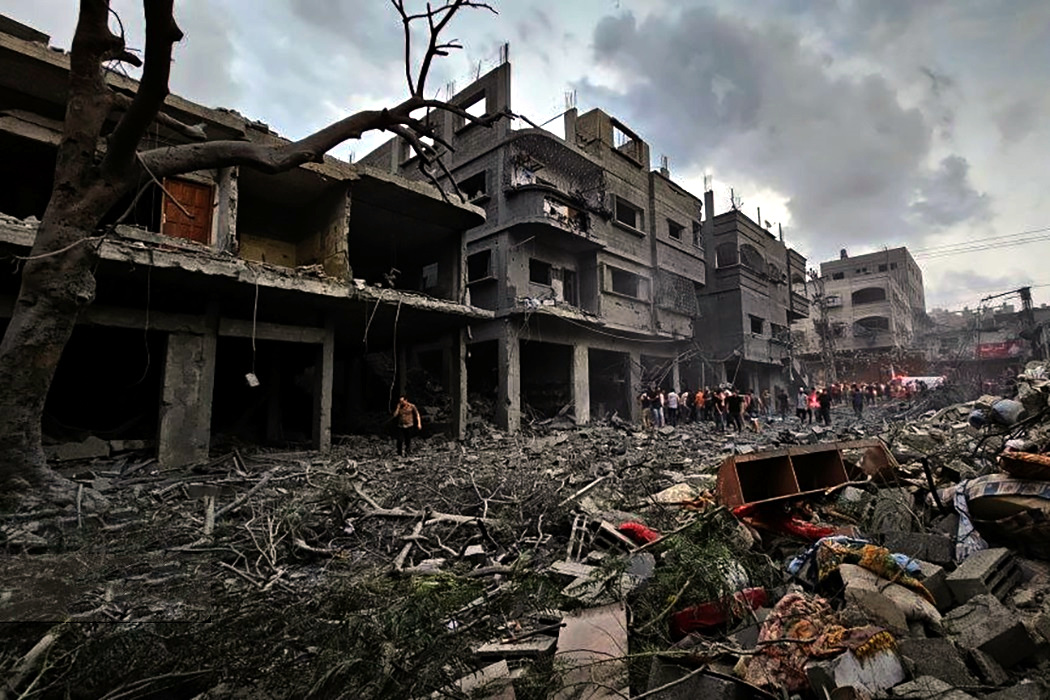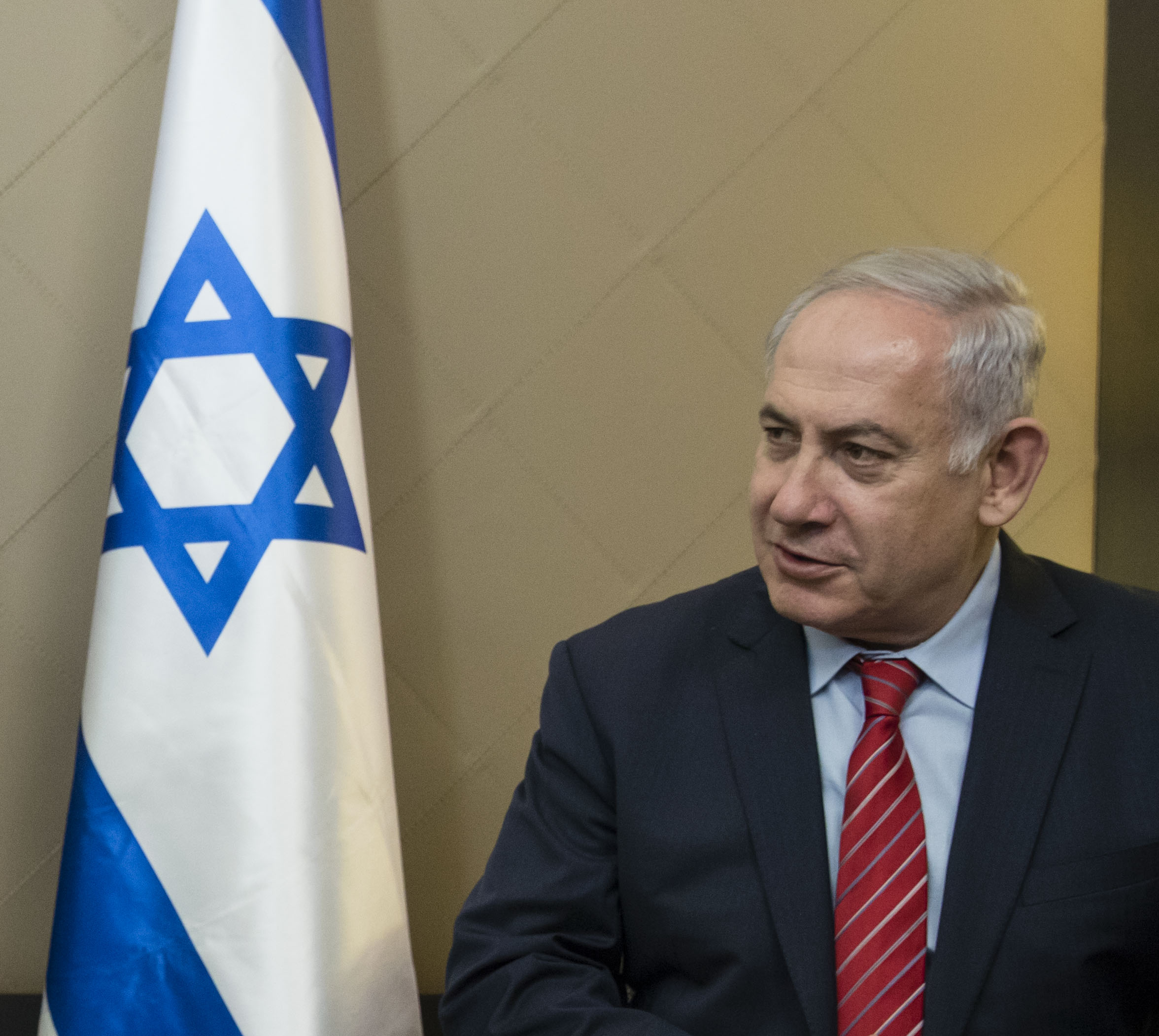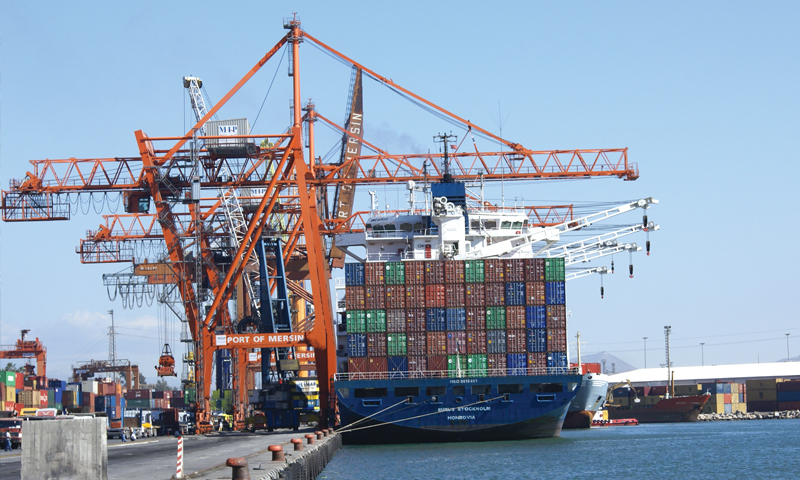
The Demise of Iranian President Raisi and the Future Power Dynamics in Iran
Koo Giyeon(SNUAC)
On 19 May 2024, a helicopter crash resulted in the death of Iranian President Raisi. All nine people on board, including Foreign Minister Hossein Amir-Abdollahian and East Azerbaijan Governor Maleki Rahmati, perished in the accident. The crash occurred due to poor weather conditions as they were returning to Tabriz after attending the inauguration ceremony of the Giz Galasi Dam in East Azerbaijan Province, where they were joined by Azerbaijani President Ilham Aliyev. Following Raisi’s death, the administrative power was transferred to Vice President Mohammad Mokhber. A new presidential election must be held within 50 days.
Various Plans Discussed for Control of Gaza Post-War
Ahn Soyeon(SNUAC)
In early May, The New York Times reported that Israel was considering a plan to share power with Arab countries to control the Gaza Strip after the war with Hamas. According to the report, Israel is reviewing a plan to propose shared control of the Gaza region with Arab countries such as the United States, Egypt, Saudi Arabia, and the United Arab Emirates. The proposal includes appointing a leader for Gaza in cooperation with these Arab countries and the United States, with a referendum in 7-10 years for Gaza residents to decide whether to integrate Gaza into a united Palestinian administration that includes the West Bank.


Increasing international pressure on Israel
Hwang Yuihyun(SNUAC)
Amid growing concerns about humanitarian damage ahead of the operation in the Rafah area of the Gaza Strip, the international community is putting strong pressure on Israel. On May 20, the International Court of Justice requested arrest warrants for Israeli Prime Minister Benjamin Netanyahu and Israeli Defense Minister Yoav Gallant. Arrest warrants were also requested for three Hamas leaders, including Hamas political director Ismail Haniyeh and Hamas ruler Yahya Shinwar in the Gaza Strip. Karim Khan, Chief Prosecutor of the International Court of Justice, who requested the warrant, ruled that they were responsible for war crimes and crimes against humanity in the Gaza Strip and Israel. Prosecutor Khan presented Israel’s intentional attacks and killings of civilians and the importation of essential supplies such as food to civilians as grounds for requesting a warrant. Meanwhile, Egypt, which has been mediating between Israel and Hamas, is known to be considering downgrading diplomatic relations with Israel after opposing Israel’s attack on Rafah and expressing its intention to join South Africa’s indictment of Israel at the International Court of Justice.
Turkey's struggle against Israel
Han Haeun(SNUAC)
On May 2, Turkey declared a complete suspension to trade with Israel, emphasizing that trade would only resume if a permanent ceasefire was established between the Israeli government and Hamas. Last April, Turkey had urged the Israeli government to declare an immediate ceasefire and allow humanitarian aid, restricting the export of 54 items to Israel. This month, on the 2nd, Turkey announced the ‘second phase measure’ by completely suspending trade between the two countries. The Israeli Foreign Minister criticized Turkey’s action on social media platform X, stating that this move disregarded the interests of Turkish citizens and business-people, as well as international trade agreements.

발행처: 서울대학교 아시아연구소 서아시아센터, HK+메가아시아연구사업단
발행인: 채수홍 편집위원장: 구기연 편집위원: 안소연, 한하은, 황의현
연락처: 02-880-2084, katib@snu.ac.kr
